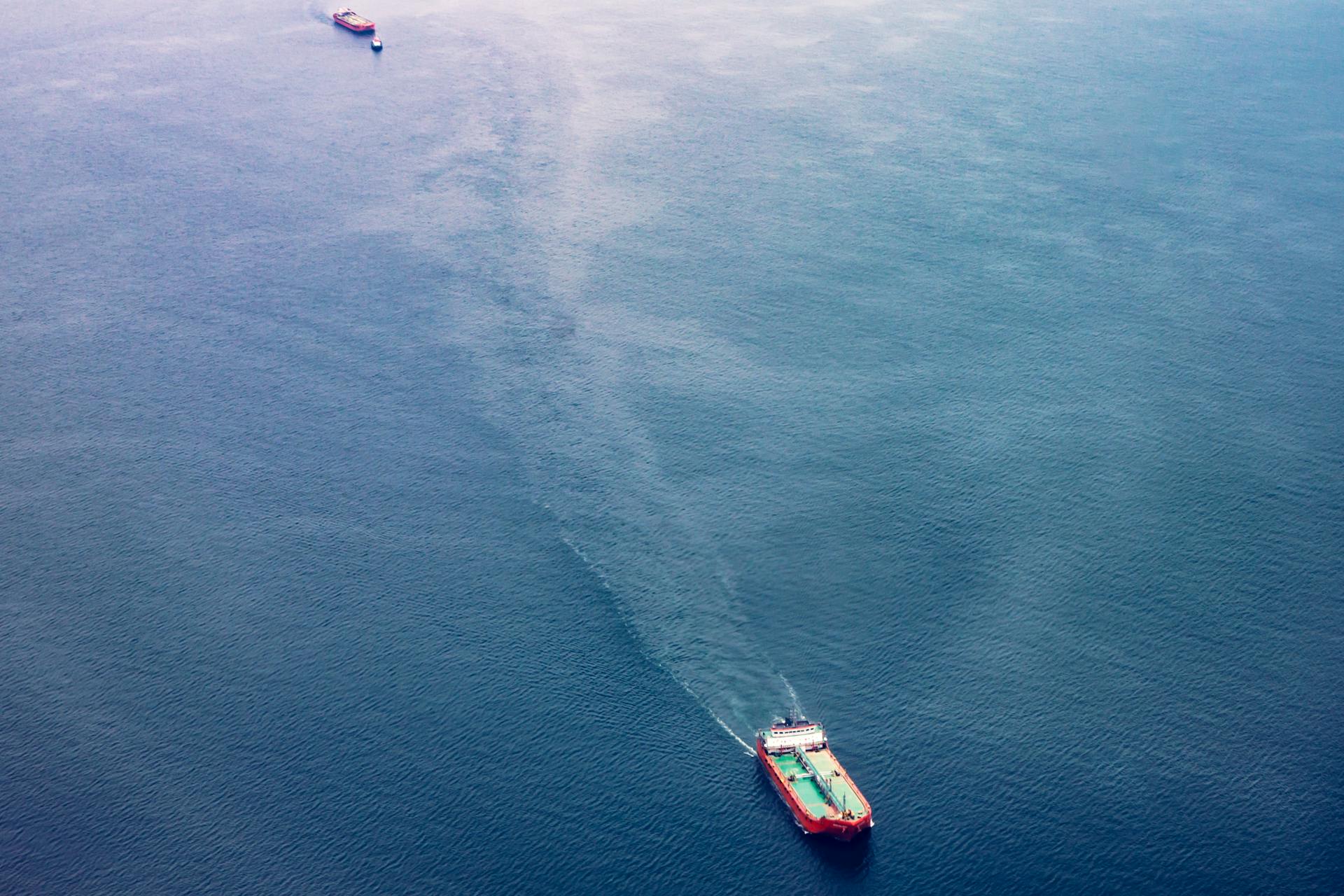The first-ever global carbon tax on shipping is no longer a distant ambition.
Talks at the International Maritime Organisation (IMO) headquarters in London this week propose real momentum toward binding regulations to curb fossil fuel use in the sector, one that accounts for nearly 3 per cent of global carbon dioxide emissions.
Delegates from across the world are now weighing up a range of proposals, from a global fuel standard to a carbon pricing mechanism, either through a direct tax or a credit trading system.
If adopted, such measures would mark one of the most far-reaching climate deals to date, mentioned on newmoney.
Yet, despite the urgency, divisions remain deep. Resistance is being fuelled by growing trade tensions, a string of new tariffs, notably from the United States, and strong opposition from countries fundamentally against tax-based approaches.
Sarah Edmondson, head of international lobbying at Fortescue, described the talks as “absolutely historic,” especially with a carbon tax on the table.
“I think it would be an absolute game-changer. No other industry in the world has committed to a target of this scale – and I would argue, most countries have not,” she told CNBC.
She did, however, acknowledge the hurdles still ahead.
“The outcome remains uncertain,” she said.
“There is a lot of discussion about tax-type structures, as the word tax itself is very loaded in countries like the US, Australia or even China. However, there are worthy proposals with equivalent impact.”
Among those pushing hardest for the levy are small island states from the Pacific and Caribbean, countries like Fiji, Vanuatu, Barbados and Grenada, that have long warned of the consequences of slow climate action.
“For countries like Vanuatu, we see that the UNFCCC is not moving fast enough – and this is a big opportunity,” said Ralph Regenvanu, Vanuatu’s Minister for Climate Change.
He added that if a deal is reached, it would be “the first industry-wide measure adopted by a multilateral UN body, with much greater power than what we can achieve through the UNFCCC.”
By contrast, countries including Brazil, China and Saudi Arabia continue to oppose the tax outright, raising concerns over competitiveness and rising costs for developing economies.
As mentioned, last year, IMO members set a target to reach net zero emissions from shipping “by or around 2050” but left much of the detail to be worked out later.
A full package of measures is expected to be agreed by 2025, with the outcome of this week’s talks likely to define how ambitious that package will be.
“Something will be achieved,” said John Maggs, board member of the Clean Shipping Coalition.
“The timeline is clear and there is a lot of effort being made to meet it. It’s not a question of whether there will be an agreement, but how ambitious and effective it will be – and how many will disagree.”
He pointed to the split between progressive member states and those more resistant to change. “From the progressive side, there is optimism because they have evidence-based proposals and the technical support to implement them,” he said.
“But at the end of the day, China, Brazil and other countries are not going to give up. They are going to demand some form of compensation.”
Decarbonising the shipping sector is no small task.
With around 90 per cent of global trade moved by sea, the industry is heavily dependent on fossil fuels and considered one of the hardest to transition.
Still, campaigners remain hopeful. Angie Farrag-Thibault, associate Vice President Global Transportation, Environmental Defense Fund, said the only meaningful outcome would be one that combines a robust fuel standard with financial mechanisms strong enough to make a difference.
“These measures, which should include a fair redistribution mechanism through existing climate finance instruments, would incentivise shipowners to reduce their use of fossil fuels and move to clean or near-zero-emission solutions, while supporting vulnerable areas affected by climate change, with the speed and intensity required,” she concluded.






Click here to change your cookie preferences